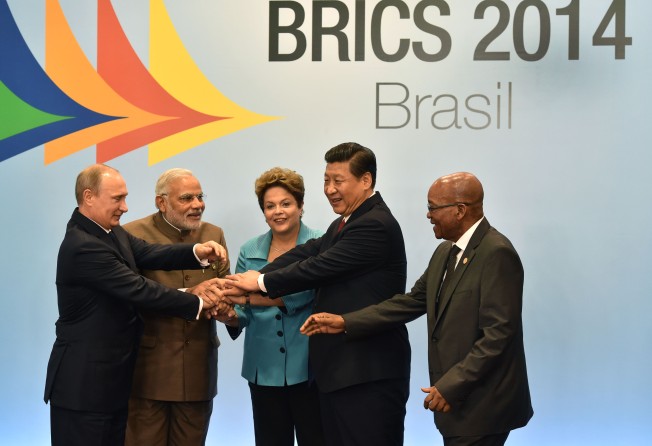BRICS development bank should challenge the Washington Consensus
Andy Xie says having an alternative vision for a model of development will give it the influence it seeks

The five countries in the BRICS group have set up a development bank and a reserve fund to increase their influence in world affairs. Their desires are justified. Their combined economies are equal to America's in gross domestic product and far bigger in trade. And, yet, they have little influence in international financial institutions like the World Bank, the International Monetary Fund or the Asian Development Bank.
So could the BRICS project work in their favour and advance the interests of emerging economies in general?
Print option is available for subscribers only.
SUBSCRIBE NOW